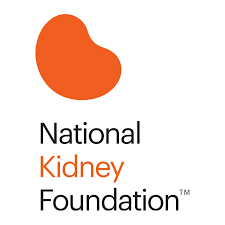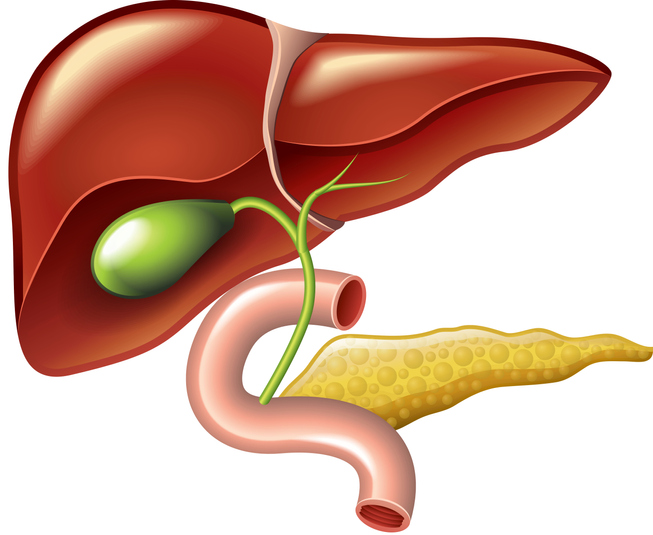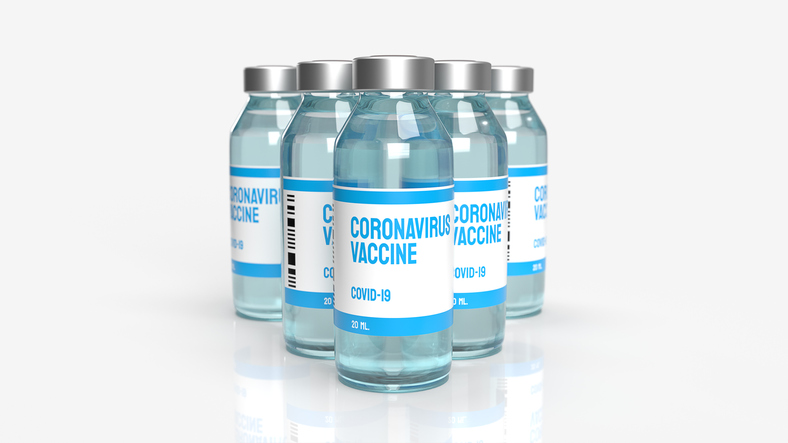Loading
“Three researchers presented results on COVID-19 therapies and data of importance to patients with hematological conditions.
Patients with compromised immune systems, whether due to chemotherapy or a bone marrow transplant, should plan to be vaccinated against coronavirus disease 2019 (COVID-19) when they have the chance, Anthony Fauci, MD, the nation’s leading infectious disease expert, said Saturday.
Fauci, who in January will serve a seventh president as director of the National Institute of Allergy and Infectious Diseases (NIAID), told the online audience gathered for the 62nd annual American Society of Hematology (ASH) meeting that on balance, being vaccinated makes sense for the immunosuppressed, including the patients treated by ASH members.”
“It is clear that if you are on immunosuppressant agents, history tells us that you are not going to have as robust a response as if you had an intact immune system that was not being compromised,” Fauci said, in response to a question from ASH President Stephanie Lee, MD, of the Fred Hutchinson Cancer Center, Seattle. “But some degree of immunity is better than no degree of immunity. So, for me, it would be recommended that these people do get vaccinated.”
Read the full article, here.
Loading








